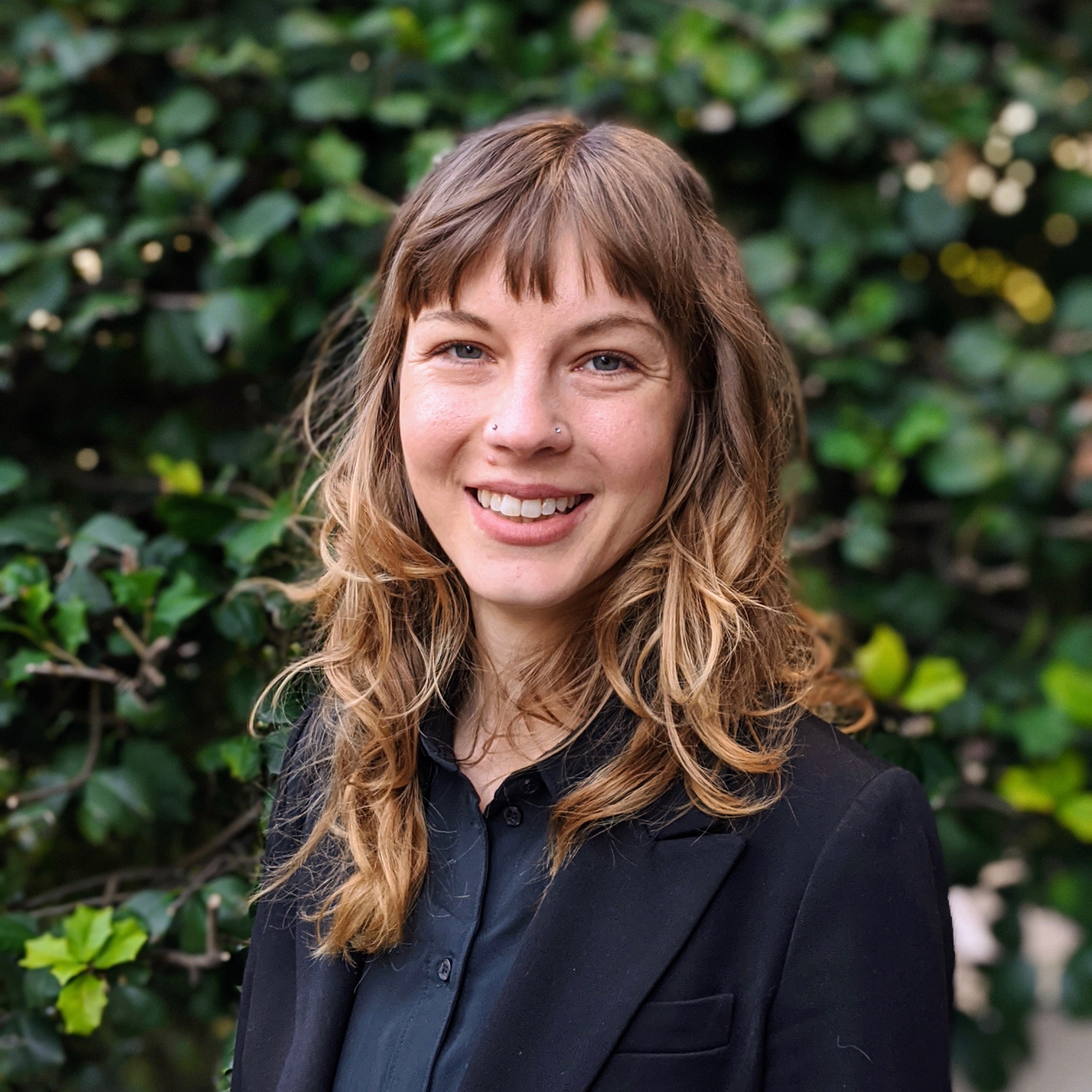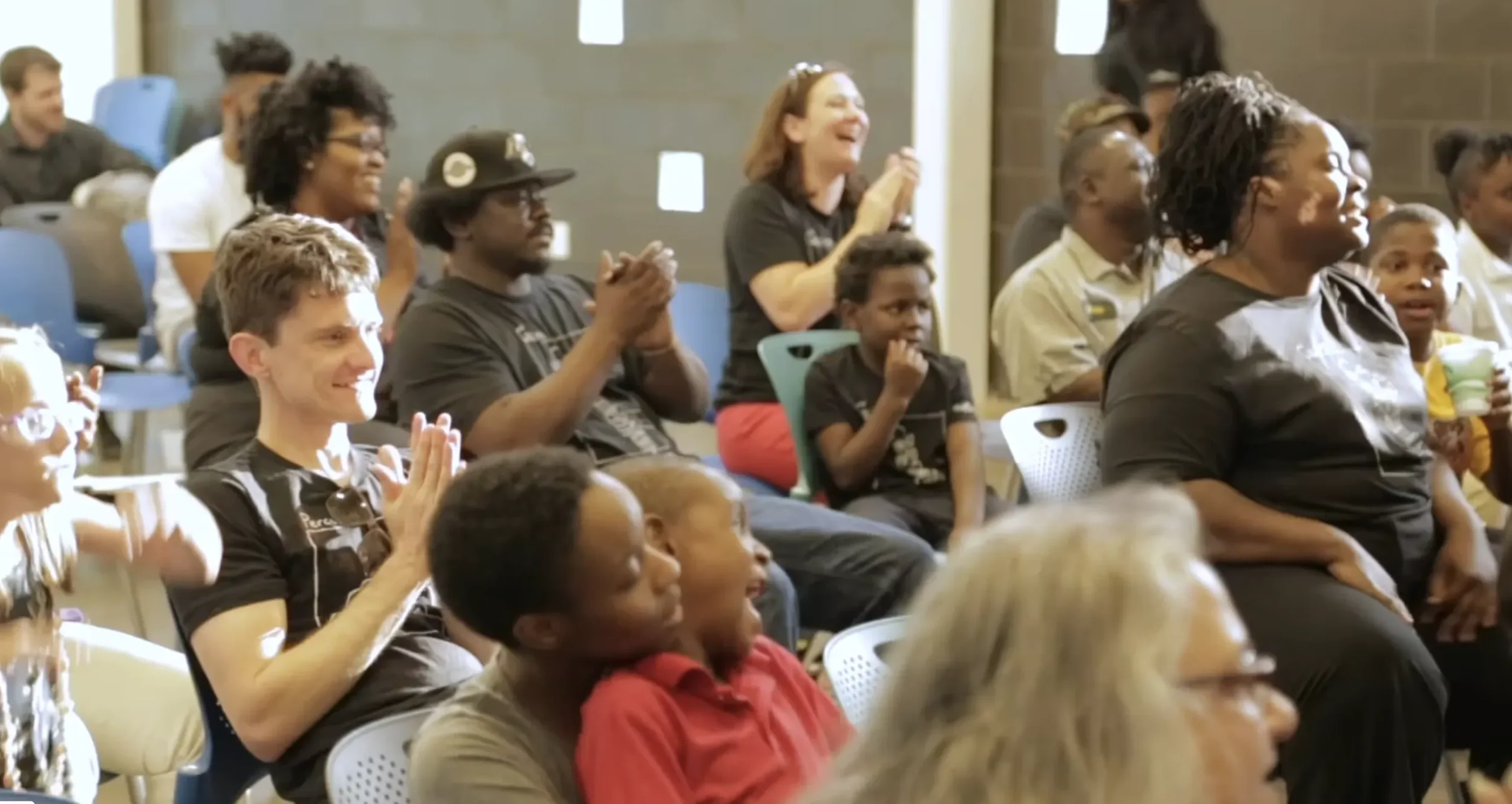“We were planning to start collecting feedback in a new community this month, but COVID-19 has changed everything. Should we even be thinking about surveying our community now or should we wait until things settle down a bit more?
“We normally hear feedback about our programs in person. What are we supposed to do now that we can’t meet face-to-face with those we serve?
“I know trust is such an important part of being able to collect unbiased feedback. How are we supposed to build and maintain this trust in the middle of a global pandemic?”
These are the types of questions we’ve been fielding at Feedback Labs over the past few weeks. COVID-19 has revealed new challenges in collecting and responding to feedback alongside an even greater need to listen to affected communities. It’s also given us great encouragement to see people rise to meet the needs of their communities. We’ve heard amazing stories from organizations that have listened to the communities where they work and were able to better serve those communities because of it.
Ways of working are quickly adapting during this global pandemic, and good listening practice can help ensure that this adaptation is appropriate, effective, and compassionate. Unfortunately, the pandemic has created new barriers to effective listening. With that in mind, we have created a resource page for navigating feedback during COVID-19. To create this guide we have researched and talked to those who have been quick to respond well to this pandemic and have been willing to offer insight and wisdom.
On this page, you will find a section that outlines why listening during this crisis is a must and can point to evidence that you can use to support each argument. We hope these articles will provide encouragement, evidence that can be shared with teams, and maybe even spark your own ideas. We also share tools from platforms – many of which have lifted their fees or created free COVID-specific tools – that have stepped up to help organizations stay connected to their constituents during a time when physical distance is non-negotiable.
Below is a teaser of the seven tips that the Feedback Labs network has identified as key to helping them listen and act on feedback well during the COVID-19 crisis:
- Build trust to hear unbiased feedback.
If you’re working with communities with which you’ve established a relationship, build on that relationship. If you need to build trust, plan for how to build that trust from the beginning. Remember that engaging in two-way conversation, even from a distance, will build more trust than simply extracting feedback
- Listen in a way that doesn’t burden people during a stressful time.
Alexis Banks, of Root Change, pointed out how important it is to “value compassion over deadlines.” That is to say, efforts must be made to emphasize your solidarity and support. A simple way to do this is to provide people with multiple ways to engage and let them know if you have some flexibility. Being willing to hear from someone a few days later than you expected or in a different manner than normal may help them to be able to respond.
- Consider changing your methodology and delivery method to match current community needs.
Think through different ways of adapting your feedback practice to make it both more effective and easier to implement, shared Kai Hopkins of Ground Truth Solutions. He pointed out that responding to a global crisis can be overwhelming and encourages organizations to look at ways of adapting that simplify plans rather than overcomplicating them. - Focus on listening to the most marginalized people within the communities you serve.
This crisis may reveal or exacerbate gaps that your organization wasn’t previously addressing. Intentionally seek out those who are harder to reach and who may not have access to the services that better-connected communities are already accessing. - Be clear about what you can offer and adapt questions to focus on the immediate needs of your affected people.
In a crisis like the one we’re currently facing, the needs are great, and your organization may not be able to do everything. When seeking feedback, be clear about what you can do and seek feedback that you can reasonably act on within a clear timeline. In a recent article on the Center for Effective Philanthropy’s blog, Valerie Threllfall, Melinda Tuan, and Fay Twersky share a similar tip from the world of philanthropy: “If some ideas are completely off the table, be clear about that…early on.
- Communicate and listen in the native languages of those you’re serving.
In these times, it’s essential that the questions you’re asking are clear and the answers you receive are communicated correctly. Asking for feedback in the native languages of those you seek to serve both ensures that your questions are precise and helps to build trust in the communities where you work. - Close the loop by telling people how you are responding to their feedback.
Whether you are able to immediately address every piece of feedback expressed or not, communicating about what you can do and why builds trust and lets constituents know you value their time and input.
More detail on each of these tips, along with recommended tools to help you execute them, are featured on our COVID-19 resource page on the Feedback Labs website. We would love to hear from you if these resources are helpful and what else we can do to support the feedback community. If you have feedback or you’d like to share an idea or story with us, please email us at [email protected].

Kalyn Livernois
Kalyn is the strategy and fundraising intern at Feedback Labs. She is an anthropology student at the University of North Carolina at Chapel Hill where she focuses her coursework on medical anthropology. Her particular interest lies in reducing health disparities—which she believes to be a much more complicated problem than creating equal access to healthcare alone, rooted in a complex web of inequity. For this reason, she is excited to be part of a team that seeks to make closed feedback loops the norm as she feels that centering the voices of individuals is a key part of building systems that truly work for the people within them. Outside of work and school, she likes to read, write, be outside, hang out with her dog, and seek out good used book stores, thrift stores, coffee shops, and all places considered diners or dives.


